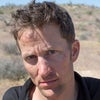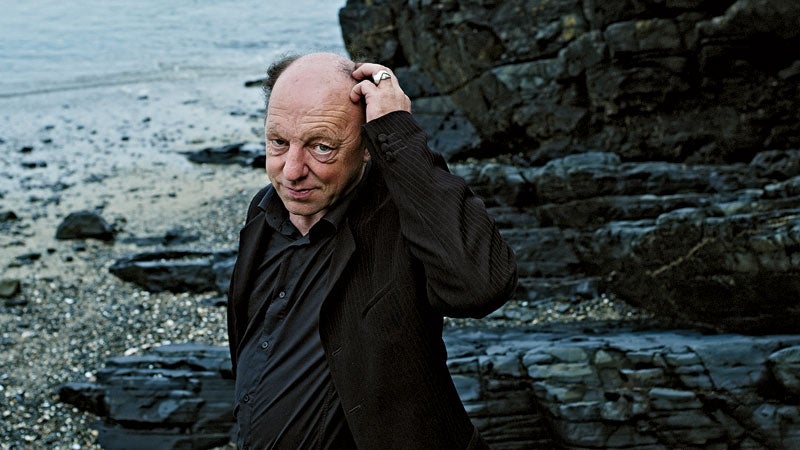On the eve of this year’s , Vayer, a journalist and former trainer for the Festina cycling team, published an electronic report and subsequent book, , that all but accused some of the biggest names in cycling of doping. In the publication, Vayer, 51, compared the power outputs of active riders with those of 21 Tour de France winners since 1982, including known dopers Lance Armstrong and Jan Ullrich. Vayer’s theory: if a rider passes a certain threshold of power on a given section of the Tour, chances are he’s cheating. Those he implicated include retired riders who have never been caught, such as five-time Tour winner Miguel Indurain (Vayer described his 1995 win as “mutant”), as well as supposedly clean active racers like Andy Schleck, Bradley Wiggins, Alejandro Valverde, Alberto Contador, and Chris Froome, who went on to win the 2013 Tour. In a tight-lipped sport that traditionally protects its own, this was akin to passing out scarlet D’s.
Once Vayer’s report spread everywhere from ESPN to The New York Times, the cycling world reacted with predictable defensiveness. David Brailsford, manager of Froome’s Team Sky, called Vayer’s work “pseudoscience.” During the Tour, Froome, who has never tested positive, declared himself “100 percent” clean.
But here’s the thing: many studies support Vayer’s data, which is based on a complicated model that takes into account moving time, speed, grade, mass, drag, rolling resistance, wind, and other meteorological conditions to estimate how much power a rider produced on a given segment. The question is whether Vayer’s interpretations are accurate.
“Vayer does himself a disservice by being overly bullish, but it doesn’t mean he is wrong,” says Michael Puchowicz, a former college racer and sports-medicine doctor at Arizona State University. “The best performances achieved during the doping era by Pantani, Riis, Ullrich, and Armstrong are incredibly unlikely to be achieved by a clean athlete.” But Froome appeared to do exactly that at this year’s Tour, clobbering the Ax 3 Domaines climb in Stage 8 with the third-fastest time in history. The performance
qualified as “miraculous” in Vayer’s rating scheme.
So is he recklessly throwing arrows or leading cycling toward a more transparent future? It’s hard to tell, but this much is sure: at a time when cycling’s governing body, the UCI, is being maligned for years of negligence, the French trainer has emerged as the loudest crusader to clean up the Tour. “If we keep pretending that nothing is going on,” Vayer says, “we’ll wake up in another twenty years and all the cheats will still be running the sport.”


